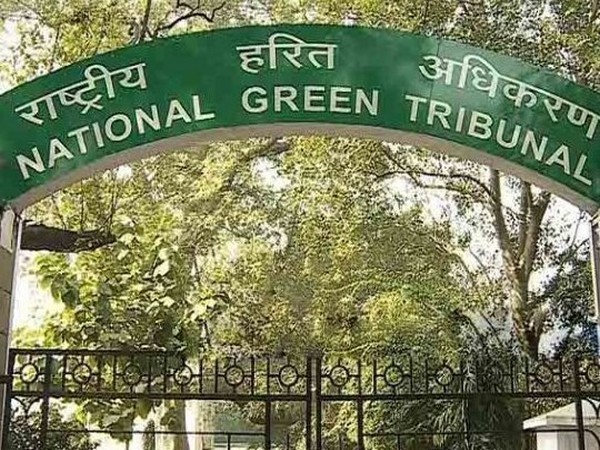Industrial development cannot be done on graves of human beings, says NGT

- Country:
- India
Industrial development cannot be done on the graves of human beings and should not be at the cost of "air and water quality", the NGT said Thursday while directing the Haryana government to shorten the period of inspection of polluting factories. A bench headed by NGT Chairperson Justice Adarsh Kumar Goel said there is a need for reduction in the period of inspections and an increase in frequency with regard to "highly polluting" industries.
"Needless to say that while industrial development in a sustainable manner is necessary, it cannot be at the cost of air and water quality which are the means of sustenance of life. The industrial development cannot be on the graves of human beings. "There can be no objection to bureaucratic procedures and hassles being relaxed, simplified and shortened and industrial growth and employment generation programs being encouraged but at the same time, such initiatives are to be balanced against deterioration of air and water quality which must be protected," the bench said.
The green panel said vigilance is also required on the "green category", which is less polluting, to verify that "green" status is being genuinely used. It said that there is a need for the Central Pollution Control Board to ensure the revision of policies in all the states having regard to the data of air and water quality.
The policy should cover inspections with reference to the Water (Prevention and Control of Pollution) Act, 1974 as well as the Air (Prevention and Control of Pollution) Act, 1981, it said, adding that further action taken report may be filed by the CPCB before the next date by e-mail. The NGT directed the Haryana government to shorten the period of inspection and said the period of mandatory inspections in highly polluting 17 Category would be three months, Red Category in six months, Orange Category in a year and green category in two years.
"This will not dispense with inspections wherever situations so require in the wisdom of the Board and environmental exigencies. The conditions for grant/ renewal of consents may be placed in the public domain consistent with the spirit of Section 25(6) of the Water Act and the corresponding provision of the Air Act. "These timelines and other changes may be followed by the CPCB for other States under Section 18 of the Water (Prevention and Control of Pollution) Act, 1974/Air (Prevention and Control of Pollution) Act, 1981 unless there are reasons for the exception for any particular State," the bench said.
It also directed the Haryana chief secretary to ensure remedial action against the deficiencies pointed out in the report of the CPCB especially with regard to fluoride in groundwater which requires making potable water available to the concerned inhabitants in a time-bound manner. The tribunal's direction came during the hearing of a plea filed by Shailesh Singh seeking a direction to close industrial units running without the requisite statutory consent under Water (Prevention and Control of Pollution) Act, 1974 and Air (Prevention and Control of Pollution) Act, 1981.
Alleging that these industries were causing water pollution, the plea has also sought a direction to restrain them from dumping untreated effluent in fields. Citing a news article, it said groundwater in most of the areas in 11 districts of southern and western Haryana is unfit for consumption due to salinity of high concentration of nitrate or fluoride.
(This story has not been edited by Devdiscourse staff and is auto-generated from a syndicated feed.)
ALSO READ
BJP leader calls for removal of Andhra Chief Secretary after attack on CM Reddy
Delhi Minister Saurabh Bhardwaj writes to Chief Secretary about shortage of medicines
EC Directs Andhra Pradesh Chief Secretary to Implement Poll Code Provisions on Private Advisors of State Government
Punjab chief secretary takes stock of wheat procurement
Uttarakhand: Chief secretary reviews prep for President Murmu's visit on April 23, 24










